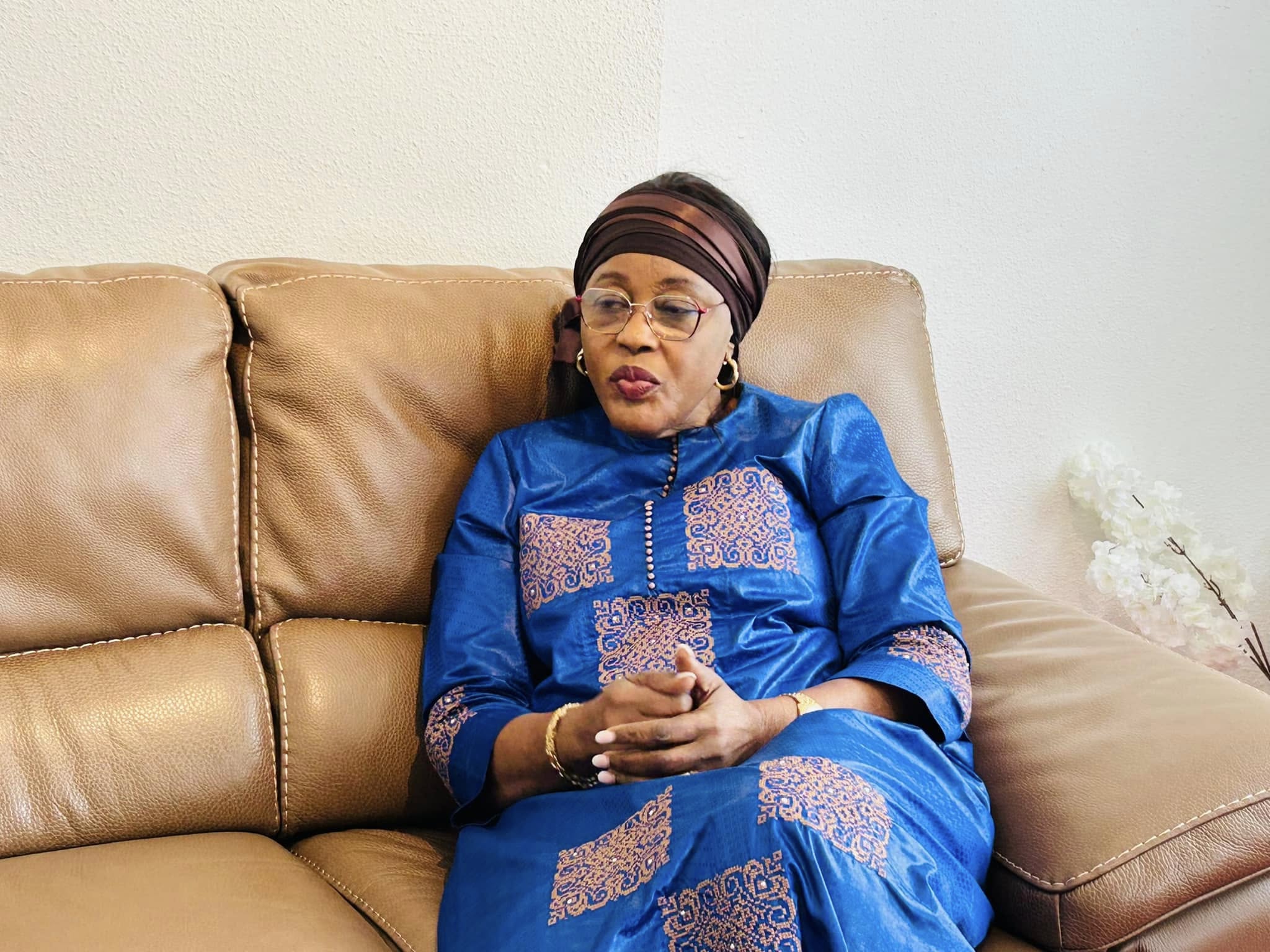Arrest of ex-Guinean ambassador in Brussels sparks diplomatic dispute over abuse allegations

The arrest of former Guinean ambassador to Belgium, Aissatou Doukouré, has ignited a growing diplomatic row between Brussels and Conakry, after serious allegations emerged involving the mistreatment and possible kidnapping of a 16-year-old Sierra Leonean girl.
Belgium’s Federal Public Service for Foreign Affairs confirmed the arrest, which took place on June 16. The case, first reported by Guinean media and later picked up by Belgian outlet Het Laatste Nieuws, has drawn sharp attention for its sensitive diplomatic implications.
According to 7sur7, the teenager had been placed under the care of Ms. Doukouré during the latter’s tenure as ambassador.
She reportedly lived with the diplomat until Doukouré’s official recall to Guinea in November 2024.
Fearing for the girl’s safety, members of Belgium’s Sierra Leonean community allegedly advised her not to return to Africa.
The teenager later went into hiding before seeking help from local police.
Citing consistent sources, 7sur7 also reported that Doukouré’s husband, a businessman residing in Dubai, attempted to convince the girl that Guinea would only be a brief stopover before she was flown to the UAE—an assertion that raised further suspicion.
Acting on her concerns, the teenager alerted authorities and was placed in a state-run reception center for minors.
Meanwhile, Ms. Doukouré was taken into custody and is currently being held at Ghent prison.
Guinea’s Ministry of Foreign Affairs formally protested the arrest in a letter dated June 25, arguing that the former ambassador still enjoys diplomatic immunity.
However, Belgian officials have firmly rejected that claim.
“Her mandate officially ended in November 2024, as evidenced by a verbal note from the Guinean embassy in Brussels,” said Pierre Steverlynck, spokesperson for Belgium’s foreign ministry.
He added, “She now only enjoys functional immunity, which covers acts performed in the course of her official duties. This clearly does not apply in this case.”
Belgian authorities further clarified that the arrest occurred at a private residence not designated as a diplomatic address, eliminating any legal grounds for full diplomatic protection.
While no formal updates have been issued regarding the ongoing judicial inquiry, legal experts suggest the case could strain bilateral relations between Guinea and Belgium.
With both nations holding firm on their interpretations of diplomatic privilege, the outcome may test the limits of international law surrounding the conduct of former diplomats abroad.
About The Author
dailymailafric
I am an avid African news observer, and an active member of Daily Mail Africa.
I’m Passionate about staying informed on diverse topics across the continent,
I actively contribute to publishing on political, economic and cultural developments in Africa.



